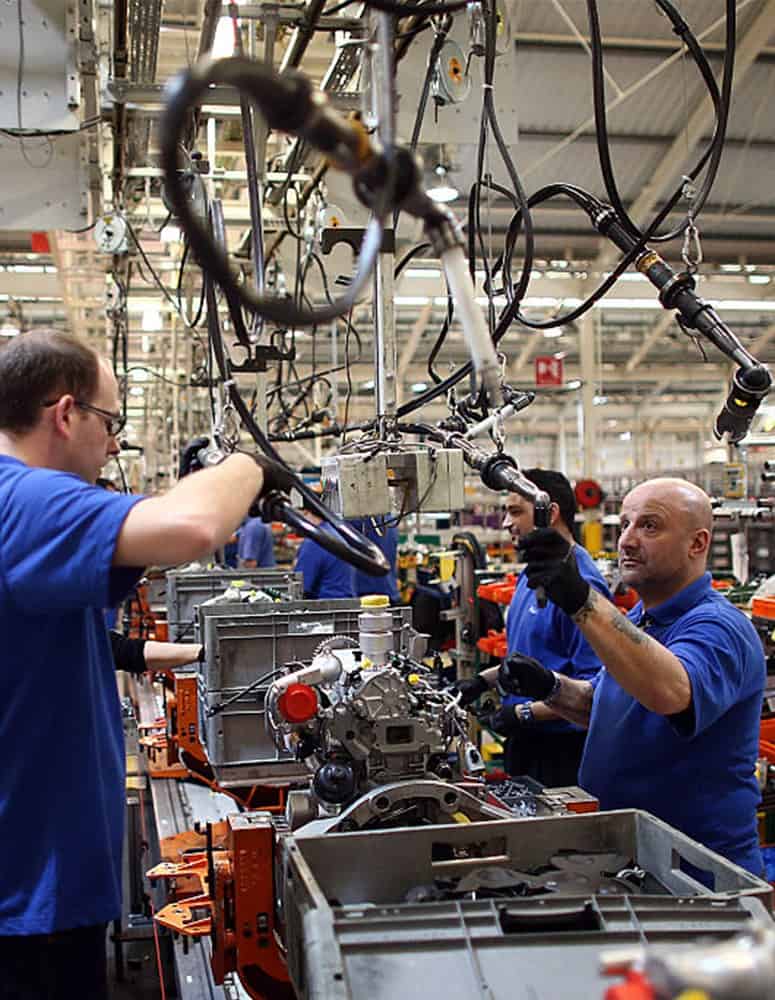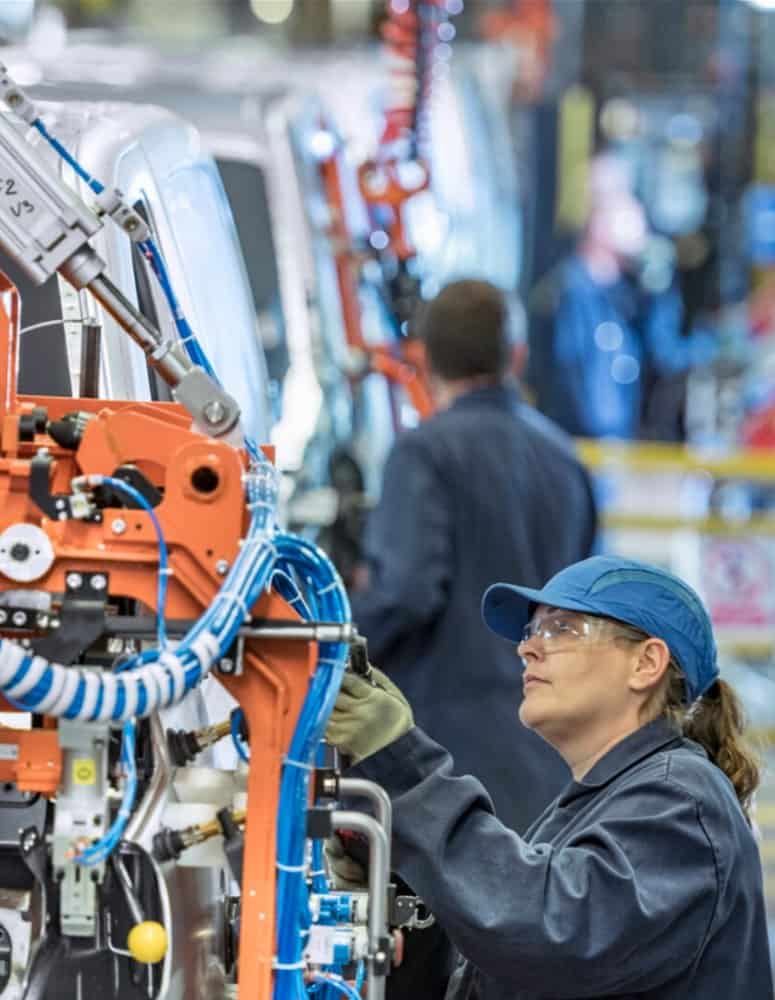Restoring Pro-Growth Tax Policies
Watch: Manufacturers are urging Congress to swiftly restore three critical manufacturing tax policies: immediate R&D expensing, a pro-growth interest deductibility standard and full expensing.
Our Message
The NAM, joined by more than 1,300 associations and businesses representing manufacturers of all sizes, has called on Congress to act quickly in advancing bicameral legislation that would ensure the tax code once again supports the ability of businesses to create jobs in the U.S. and compete in the global economy.
Ensuring the tax code supports innovation: The private sector accounts for more than 75% of total research and development spending, with small businesses alone accounting for approximately $90 billion of all private-sector R&D investments. With wages and salaries comprising approximately 75% of R&D spending, the R&D amortization requirement is first and foremost a jobs issue, with R&D jobs paying an average wage of more than $155,000. Moreover, for every $1 billion in R&D spending, 17,000 jobs are supported. Visit the NAM’s Protecting R&D Toolkit.
Enabling businesses to finance growth: Prior to Jan. 1, 2022, businesses’ interest expense deductions were limited by section 163(j) to 30% of their earnings before interest, tax, depreciation and amortization. Interest deductions are now limited to 30% of earnings before interest and tax. By excluding depreciation and amortization, the stricter EBIT standard acts as a tax on investment, making it more expensive for capital-intensive companies throughout the supply chain to finance job-creating growth. Visit the NAM’s Interest Deductibility Toolkit.
Making permanent a key incentive for capital equipment purchases: A 100% deduction for the purchase of equipment and machinery in the tax year purchased was in place from 2017 through 2022. Congress enacted full expensing to spur investments and ensure that the U.S. is well-positioned to attract capital in a competitive global marketplace. However, full expensing began to phase out at the beginning of 2023 and will be eliminated completely by 2027. Visit the NAM’s Full Expensing Toolkit.
Courtney K. Silver, President and Owner of Ketchie, Inc., a small manufacturer in North Carolina, addresses the immediate need for Congress to swiftly restore three critical manufacturing tax policies: immediate R&D expensing, a pro-growth interest deductibility standard and full expensing. Silver is chair for the National Association of Manufacturers’ Small and Medium Manufacturers Group. Learn more at NAM.org.
Lisa Winton, CEO of Winton Machine USA, addresses the immediate need for Congress to swiftly restore three critical manufacturing tax policies: immediate R&D expensing, a pro-growth interest deductibility standard and full expensing.
Austin Ramirez, President and CEO of Husco International, is urging Congress to swiftly restore common sense tax code reforms that will support the manufacturing sector in Wisconsin and all across America.


